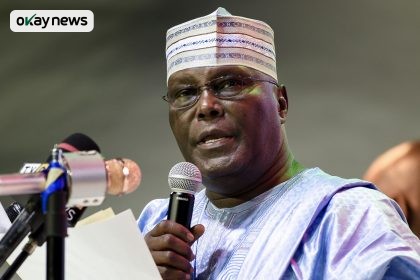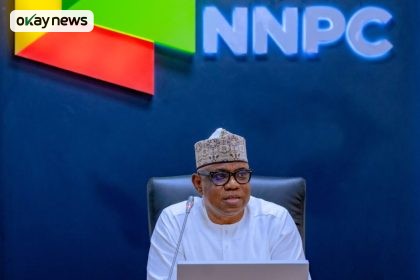The Nigerian government plans to increase electricity tariffs in the coming months in an effort to revive the country’s struggling power sector. While this choice may prove unpopular, the government argues it is critical to attract much-needed private investment and safeguard the industry’s long-term viability.
“One of the key challenges we’re looking to resolve over the next few months is transitioning to a cost-efficient but cost-reflective tariff,” declared Olu Verheijen, Special Adviser to the President on Energy, during an interview with Bloomberg in Tanzania. “This is needed so the sector generates revenue required to attract private capital while also protecting the poor and vulnerable.”
President Tinubu’s administration, known for its bold economic reforms, has already removed fuel subsidies. Authorities now shift focus to electricity tariffs, which they tripled for some consumers last year. Though likely to spark a public backlash, policymakers assert this move is essential to make the power sector financially viable.
Chronic issues plague Nigeria’s electricity supply: frequent power outages cripple households, an unreliable grid frustrates businesses, and privatisation failures since 2013 continue to haunt the sector. The existing tariff structure, set by the Nigerian Electricity Regulatory Commission (NERC), fails to cover the operational costs of power companies, leaving them reliant on government subsidies.
Read Also: Nigeria Unveils $23.2 Billion Energy Compact to Electrify the Nation
This reliance on subsidies is unsustainable and hinders private investment. Electricity distribution companies, burdened by debt, are clamouring for cost-reflective tariffs, arguing that they are crucial for improving service delivery and ensuring their long-term financial health.
The government recognises the urgency of the situation. At a recent World Bank-backed conference in Tanzania, Nigeria unveiled an ambitious $32 billion plan to improve electricity access and reliability by 2030. This plan hinges heavily on private sector participation, with investors expected to contribute a significant portion of the funding.
“Your energy policies have to be closely linked with your own ambition for your country,” emphasised Verheijen. “Our own ambition is to be a $1 trillion economy in five years and to move to an upper-middle-income country in 25 years.”
However, the path to a more reliable and efficient power sector is fraught with challenges. Nigeria’s installed power capacity significantly exceeds its transmission capacity, leading to frequent grid collapses. The government is actively addressing this issue through initiatives like the $2.3 billion partnership with Siemens AG to modernise the transmission and distribution networks.
Furthermore, the government continues expanding electricity access through decentralised renewable energy projects, which now power over 7 million Nigerians in rural areas.
The road ahead will undoubtedly be challenging. Balancing the need for cost-reflective tariffs with the protection of vulnerable consumers will require careful consideration and a delicate balancing act. However, the government remains committed to reforming the power sector and ensuring that Nigerians have access to reliable and affordable electricity.







